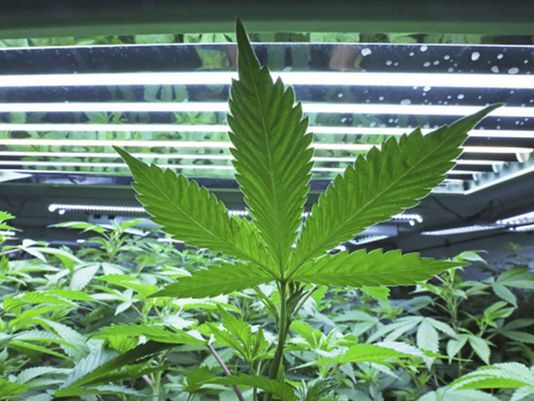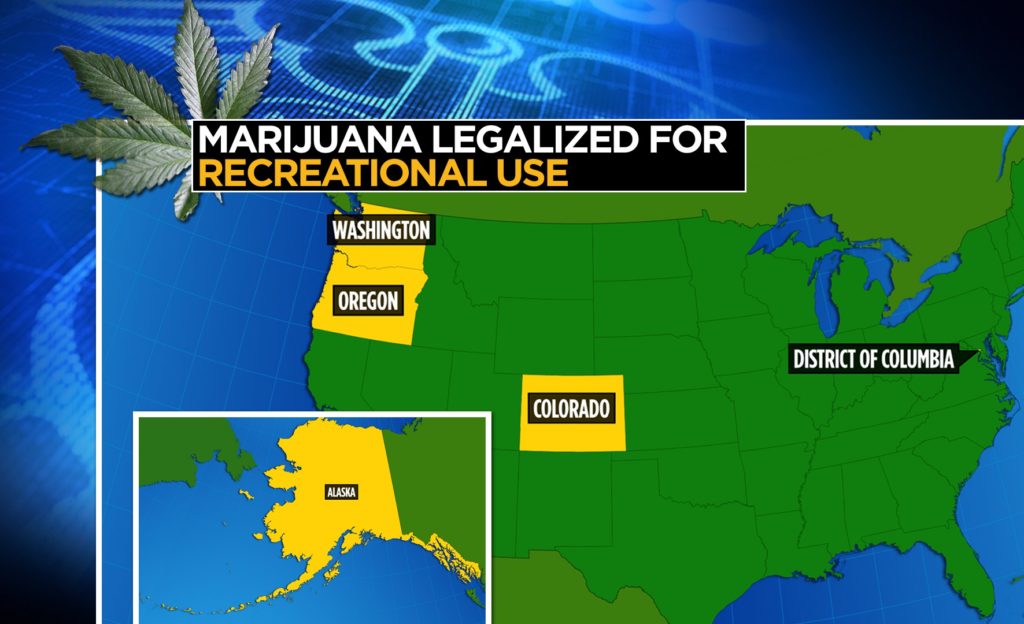LANSING, MI – A petition to legalize recreational marijuana in Michigan is one step closer to the ballot after the Coalition to Regulate Marijuana Like Alcohol announced it would turn in 360,000 signatures to the Secretary of State on Monday.
“We are very confident that those that we turn in will be well beyond the 252,000 valid signatures that we need,” group spokesman Josh Hovey said at a press conference announcing the signature turn-in.
The petition would legalize, regulate and tax recreational marijuana. Those over 21 could use marijuana, but would still be unable to consume it in a public place or drive under the influence. The turning in of signatures comes after a last-minute scramble to fundraise $30,000, which the group needed to pay off National Petition Management, the company paid to collect signatures for the effort.
Documents from financial reporting through the Secretary of State showed the committee had $6,297 in cash on hand as of the last reporting period.
Hovey said traditionally, successful Michigan ballot proposals raised about $8 million. So far the group has raised and spent about $1 million, but knows it needs to raise more to educate Michiganders on the merits of the proposal. He said national opposition groups could target the state.
“We’re working to attract national interest on our side of things. I’m sure there’s opposition groups that will be doing the same thing,” Hovey said.
So far one group has formed to oppose the proposal, the Committee to Keep Pot Out of Neighborhoods and Schools. In a statement released Monday, the group said the ballot proposal was “ill-advised” and that Michigan was already creating a medical marijuana system. Under the proposal to legalize recreational marijuana, local governments could decide whether or not to allow recreational marijuana businesses within their boundaries. Those who did would see a fiscal benefit. The medical marijuana would be subject to a 10 percent excise tax on retail sales plus the regular 6 percent sales tax.
First the revenue has to cover the cost the state bears for regulating the program. For two years, $20 million will come of the top to fund research analyzing the benefits of medical marijuana for treating veterans.
But the money left after those two items will go 35 percent to the state School Aid Fund for K-12 education; 35 percent to the Michigan Transportation Fund to repair roads and bridges; 15 percent to municipalities where a marijuana business is located; and 15 percent to counties where a marijuana business is located.
Once the signatures are turned in, the Secretary of State has to determine whether the group met the requirements for getting on the ballot: 252,523 valid signatures collected in a 180-day window.













